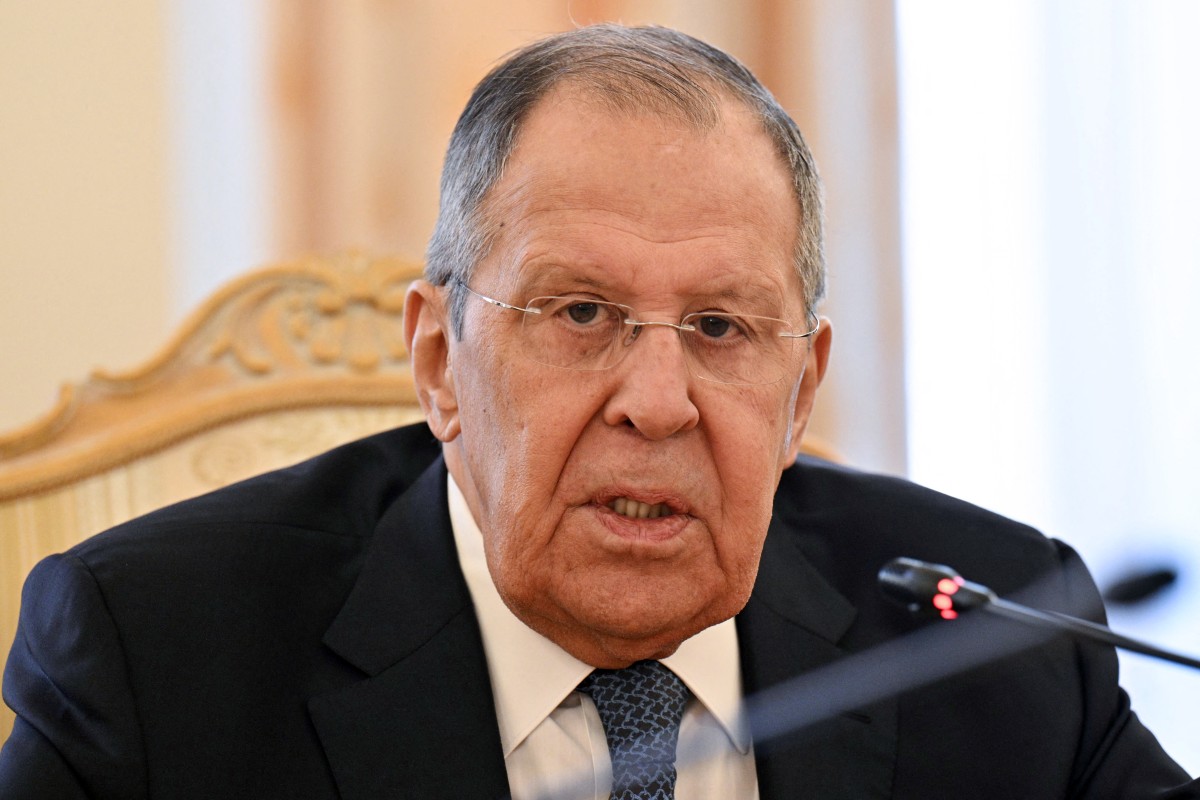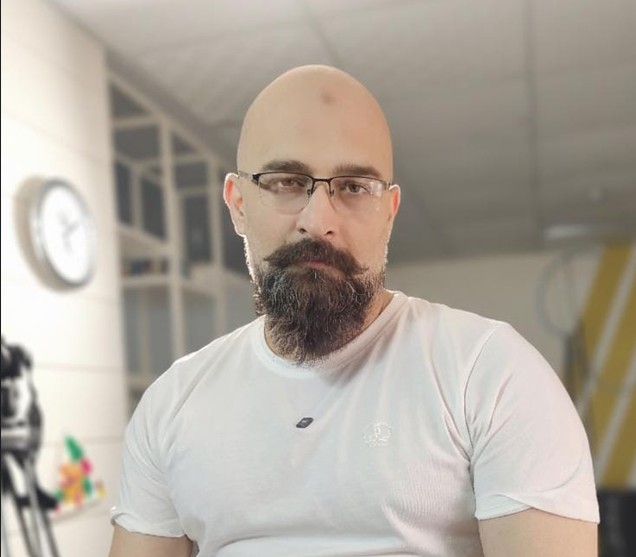Healing without borders: Afghan patients find lifeline in Pakistan
PESHAWAR: In a crowded corridor of Peshawar’s Hayatabad Medical Complex (HMC), Waheedullah sits quietly on a plastic chair, his hands wrapped around a chipped cup of tea. His eyes dart toward the intensive care ward every time the door opens. Inside lies his younger brother, Inayatullah, who has just undergone surgery, his fourth in two years.
“We came here because the doctors in Kabul said Pakistan was our only hope,” he tells Pakistan TV Digital. “Back home, they had done everything they could. But my brother was still in pain.”
Waheedullah and his family travelled from Afghanistan’s Kunar province, carrying little more than a few clothes and a small bag of documents.
Their journey through the Torkham border was long and anxious, one that thousands of Afghans make each month in search of medical care they can no longer find at home.
Lifeline across the border
For Afghans like Inayatullah, Pakistan’s hospitals have become a lifeline. Every day, a quiet stream of patients crosses into Peshawar, a city now known as a hub for cross-border healthcare.
“We receive about 10 to 12 Afghan patients daily on medical visas,” said Dr Muhammad Ikram, a resident surgeon at HMC.
“Most of them come with complicated cases, often after unsuccessful surgeries in Afghanistan. Many are post-operative or cancer patients who simply couldn’t get the right treatment there.”
Afghanistan’s healthcare system has been in free fall since 2021. The Taliban’s return to power, the withdrawal of aid, and the exodus of trained professionals have left hospitals struggling to function. The World Health Organization estimates that one in five Afghans has no access to even basic healthcare.
“Patients often arrive in serious condition,” Dr Ikram added. “It’s heartbreaking because many of these complications could have been prevented.”
‘Getting a visa’
At the nearby Torkham crossing, Afghan patients must present their medical documents for verification by a Pakistani doctor before being allowed entry.
Shakeela, an Afghan student in Pakistan, recalls the ordeal of getting her father across for treatment. “The medical visa is easier than others, but it’s still a long process,” she said.
“And if the treatment takes longer than the visa, you have to go back to Torkham to renew it. Imagine doing that when your father is on chemotherapy.”
Despite the hurdles, most families say they find compassion once they arrive. “The hospital took us in without delay,” Waheedullah said. “They didn’t ask for money right away, they just said, ‘Let’s start the treatment.’”
According to Dr Ikram, core services such as doctor consultations, nursing, and hospital rooms are provided free of charge. Only certain medicines or specialized materials need to be bought privately.
‘They treated us like family’
In another ward, Khawar, who travelled from Jalalabad with his wife, shares a similar story.
“In Afghanistan, they told us there was nothing more they could do,” he said. “Here, they treated us like family. The doctors listened, they explained, they cared.”
His wife’s treatment is ongoing, but he says the kindness he encountered has stayed with him. “When someone is sick, you stop thinking about borders. You just want help. And here, we found it.”
Prayers and hope
As night settles over the hospital, the hum of machines mixes with the soft call to prayer echoing from a nearby mosque. Families spread their prayer mats along the corridor floors, quietly raising their hands for the health of their loved ones.
Waheedullah joins them, bowing his head on a small mat he carries folded in his bag. “In our village, when someone is ill, we pray together,” he says. “Here, I pray alone, but Allah is listening.”
When the prayer ends, he rolls up the mat carefully and returns to his seat, eyes fixed once again on the ward door. “Pakistan gave my brother a second chance,” he says quietly. “That’s something we will never forget.”
Compassion as diplomacy
Despite the political strains between the two countries, Pakistan’s hospitals continue to treat thousands of Afghan nationals each year. Health officials say the arrangement is both humanitarian and practical, an extension of decades of cross-border ties.
“When a patient crosses that border, they’re not Afghan or Pakistani. They’re just human,” said one senior health official at HMC.
And as the corridors of Peshawar’s hospitals fill with whispered prayers and waiting hearts, that simple truth seems to carry louder than any politics, that in the act of healing, humanity itself finds its voice.
Latest News
36 Taliban killed as Pakistan responds to unprovoked Afghan border fire
3 HOURS AGO
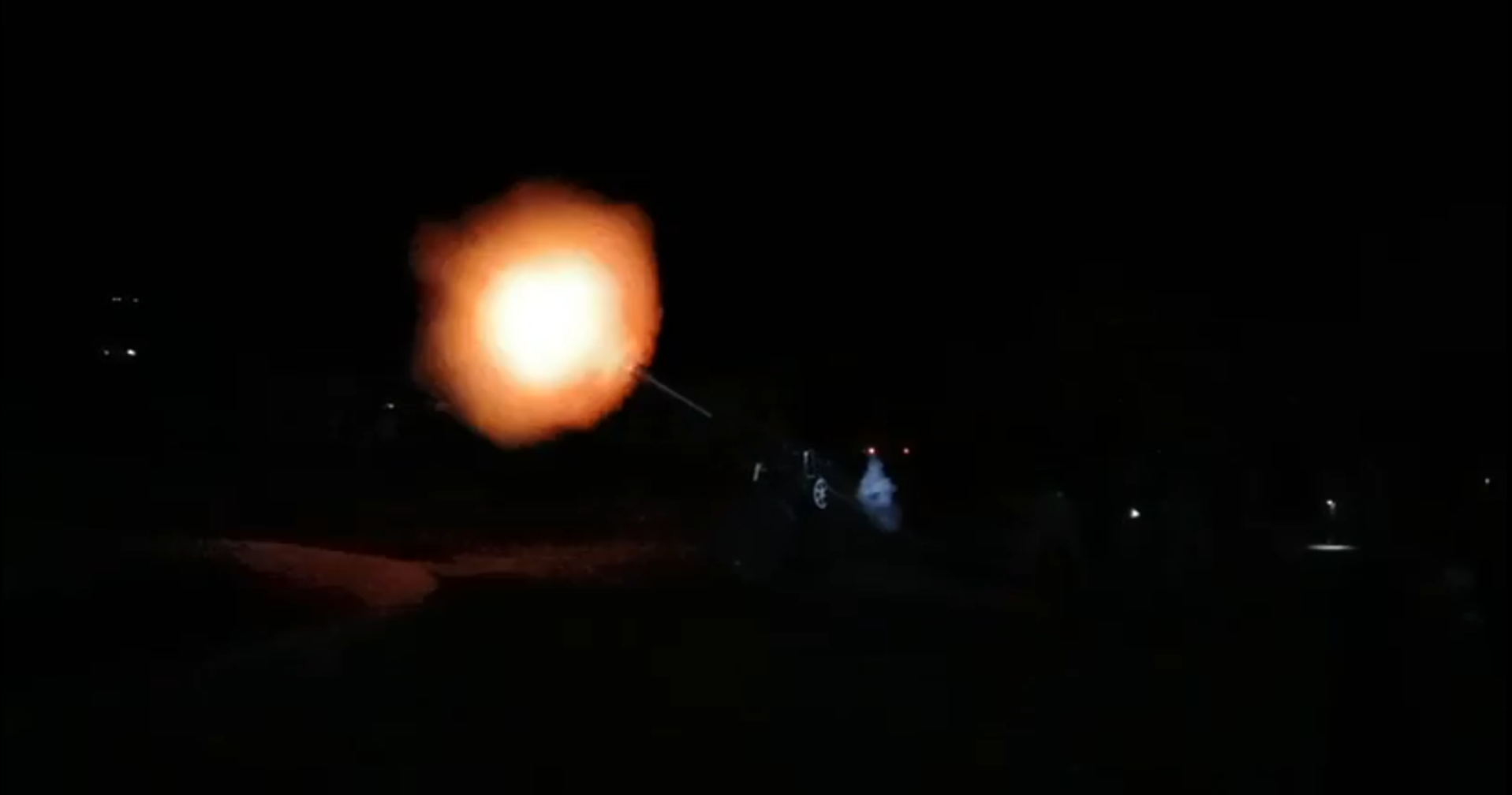
India thrash Zimbabwe in T20 World Cup, S.Africa into semi-finals
3 HOURS AGO
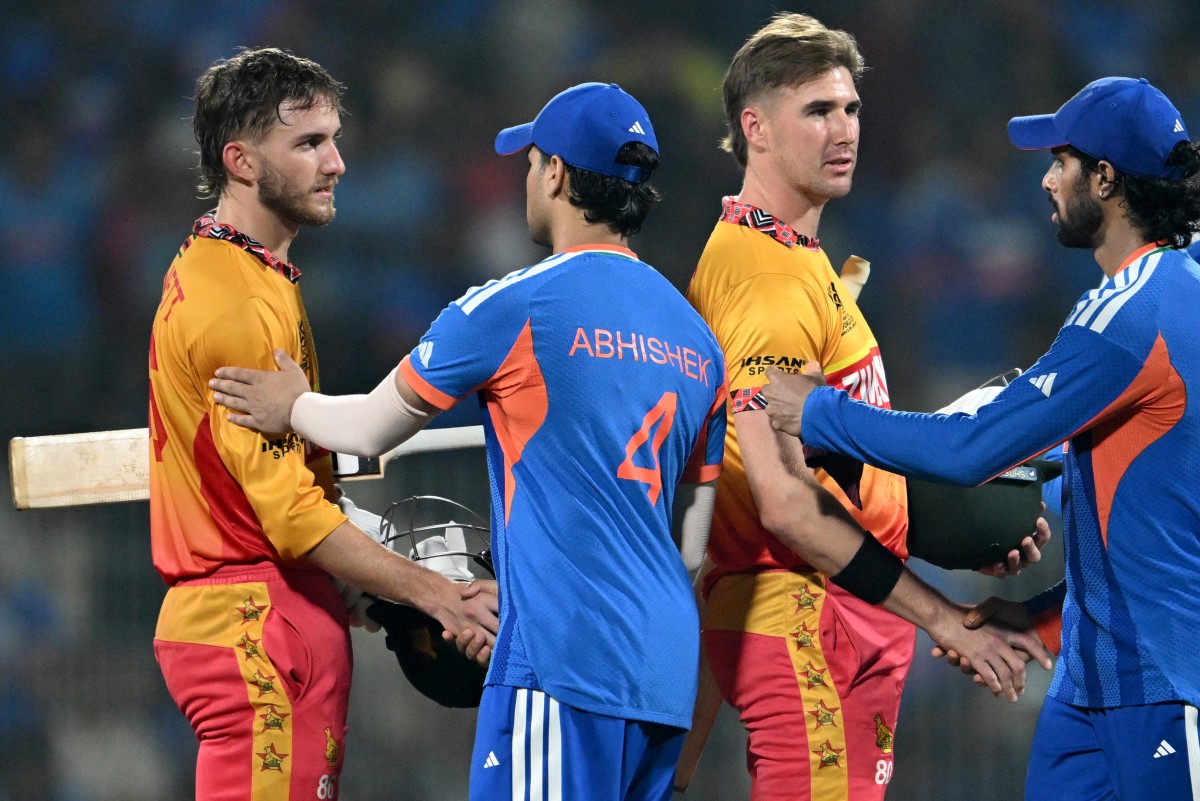
South Africa thrash West Indies in T20 World Cup statement win
6 HOURS AGO
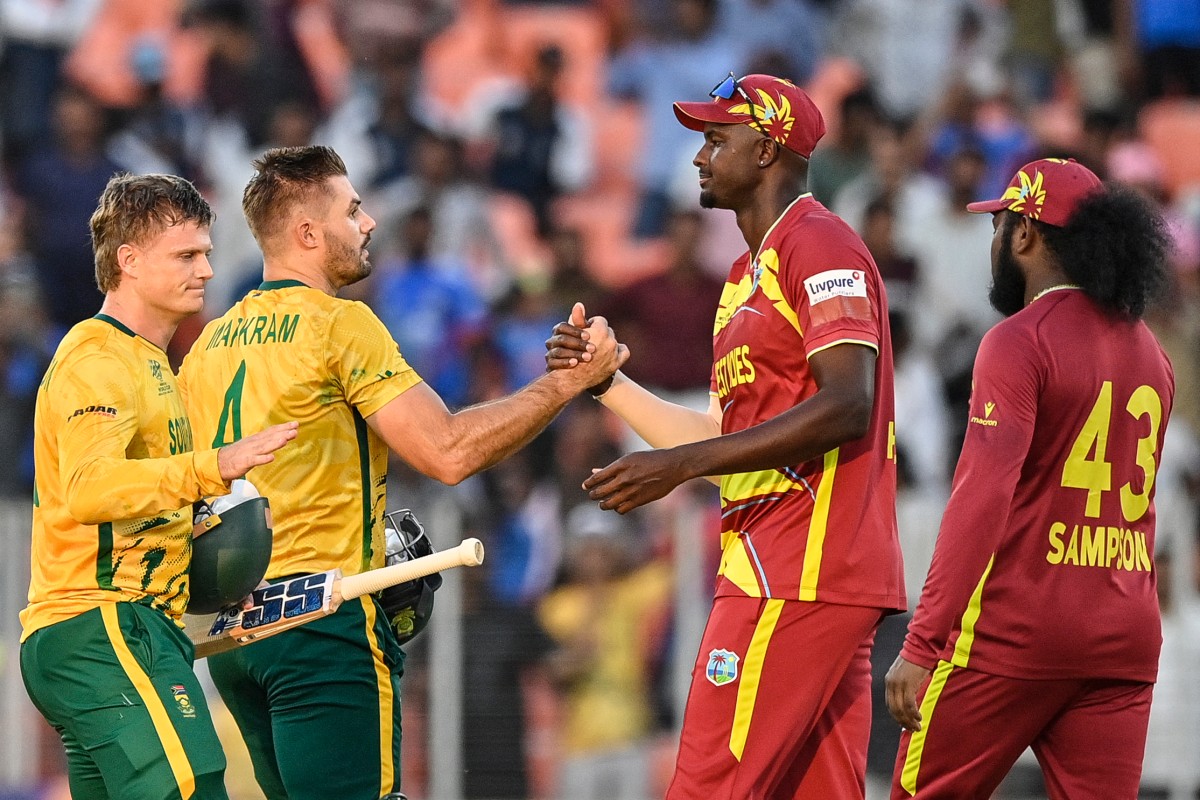
Nearly 8,000 died or vanished on migrant routes in 2025: UN
7 HOURS AGO
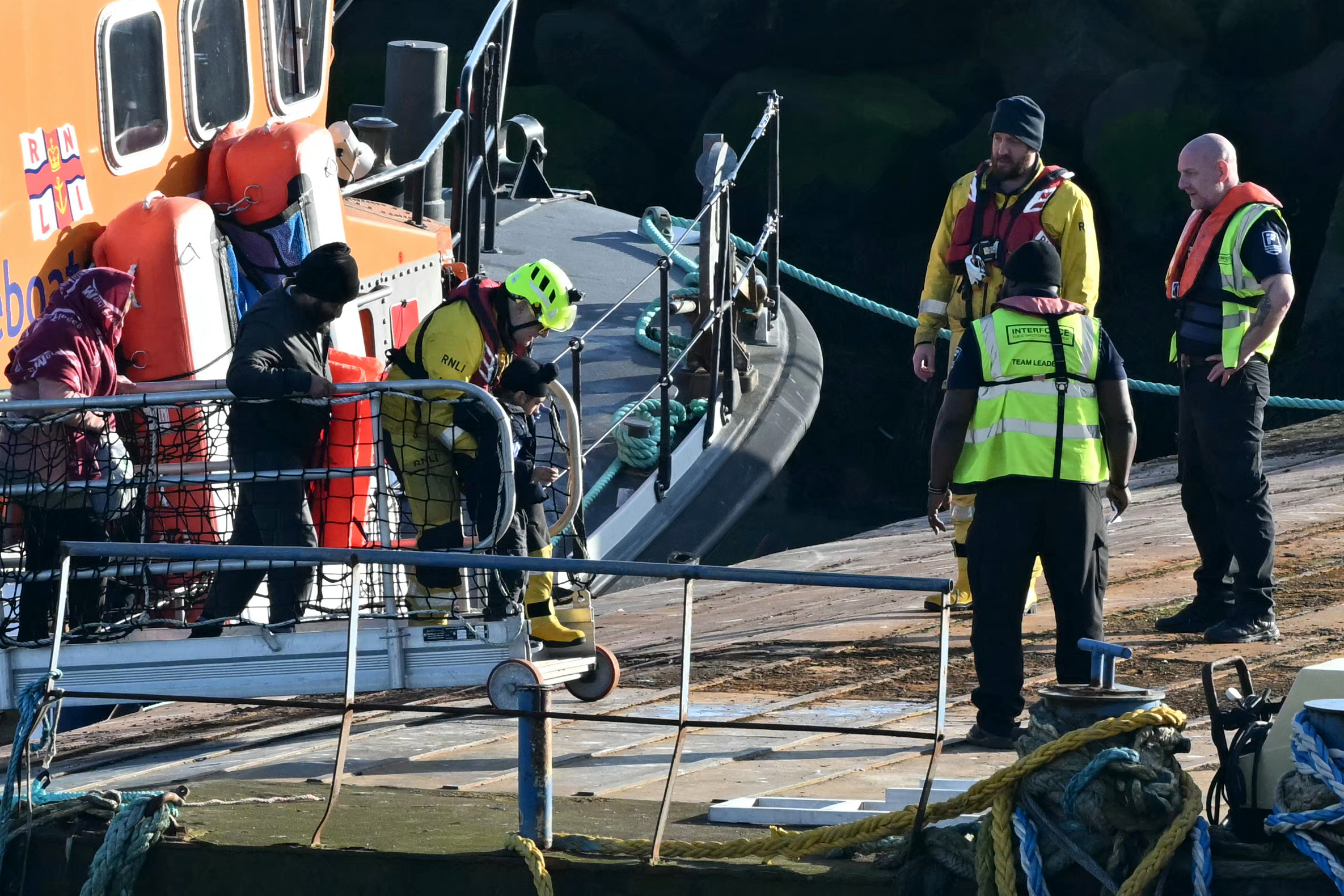
Russian says 'no deadlines' to end Ukraine war
8 HOURS AGO
